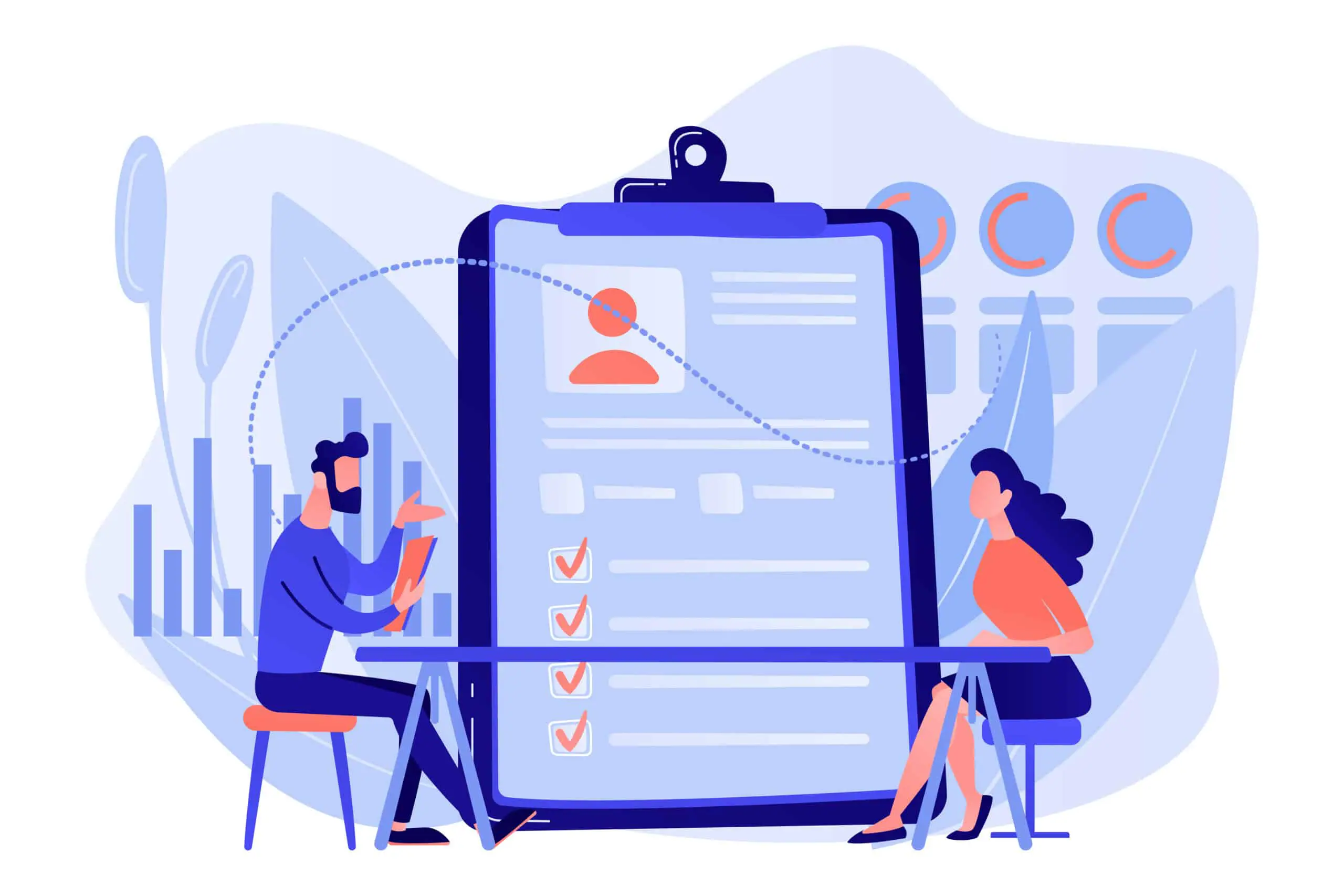
Many possible job interview questions and the question of how to prepare for a job interview cross people’s minds when they enter the office of a new company. Depending on the company, the questions will be different. These questions are not only asked to find out if the candidate is the right person for the job, but also to find out what kind of person this person is.
When thinking about questions and preparing for a job interview, you should take the time to imagine the interview. For example, take the time to stop and think about all the questions you might be asked in order to discover what kind of person you are in your current job or have been in your previous jobs.
Better yet, write down as many questions as you can think of and prepare the answers before the interview. Here are some of the questions you should prepare for:
– What tasks were you responsible for? (Remember that being « responsible » for a task is not the same as actually performing that task.)
– Have you ever managed other employees?
– Have you ever managed someone? (If you’ve managed kids on a sports team, many of those skills could come in handy in your new job. Think about it!)
– What did you not like about your last job?
– What was the most difficult part of your job?
No matter what questions you are asked during the interview, remember that all answers should focus on your level of competence in the task in question and the benefits you bring/have brought to your department by performing that task.
Answering interview questions isn’t just an opportunity to tell the interviewer how good you are. It’s also an opportunity to brag a little about a job or task you’re really proud of.
For example: I applied for a position as a trainer and during the interview the manager said to me, “You keep saying you’re a great coach and trainer. Why is that? Are you really that good at it?” I replied, “I say I’m great at it because I’m really good at it. I’m terrible at leading by the path and I get lost all the time, but when it comes to coaching and training I’m great. Here’s the evidence to back up my claims…” And then I gave him 4 or 5 concrete examples of what I had done – the tasks, the results, the problem solving, the benefits – and why what I had done was considered “great.”
I was confident and had documentation to prove it. You need to make sure you have real examples of excellence to present during your interview. Documented examples are even better. This may mean rehearsing your answer so that you sound absolutely confident during the interview, even if you are nervous and afraid that you really want the job.
A common question that makes people nervous is, » What disappointed you the most? » How you answer this question makes all the difference. For example, say, » I was disappointed that I didn’t get promoted at my other job. But I used the experience to talk to my boss about what I need to do to improve my skills and improve my chances when I apply for the next job . » This type of answer identifies what the disappointment was, connects the disappointment to the job, and shows how the unhappy outcome of the interview was used as motivation to improve performance.
As you practice interview questions and think about how to prepare for an interview, there is one more thing to keep in mind: how you answer a question can make the difference between getting the job or not. Be aware that there may be questions that have nothing to do with the job you are applying for. These questions give the interviewer insight into the type of employee you might be.